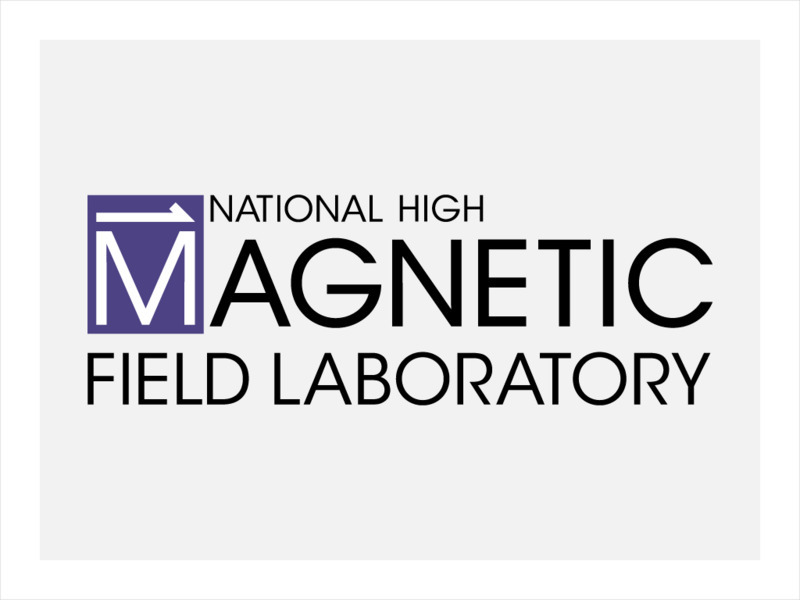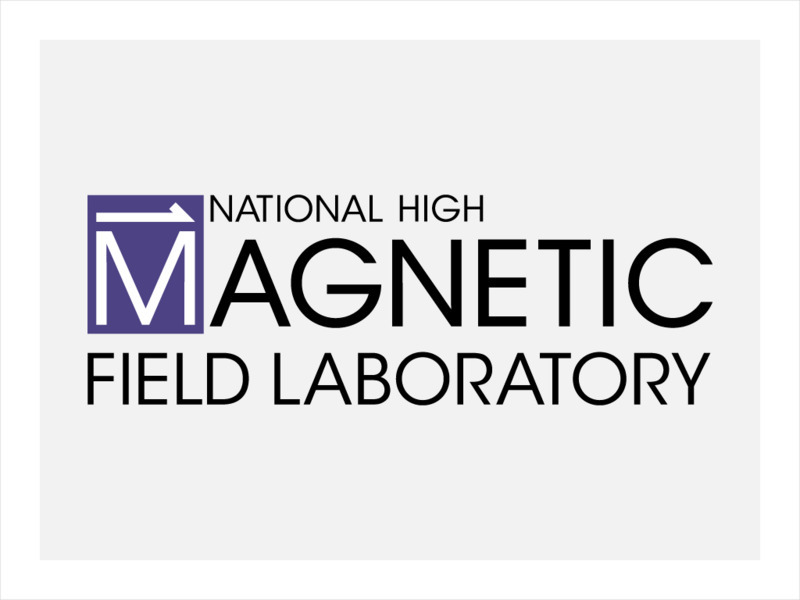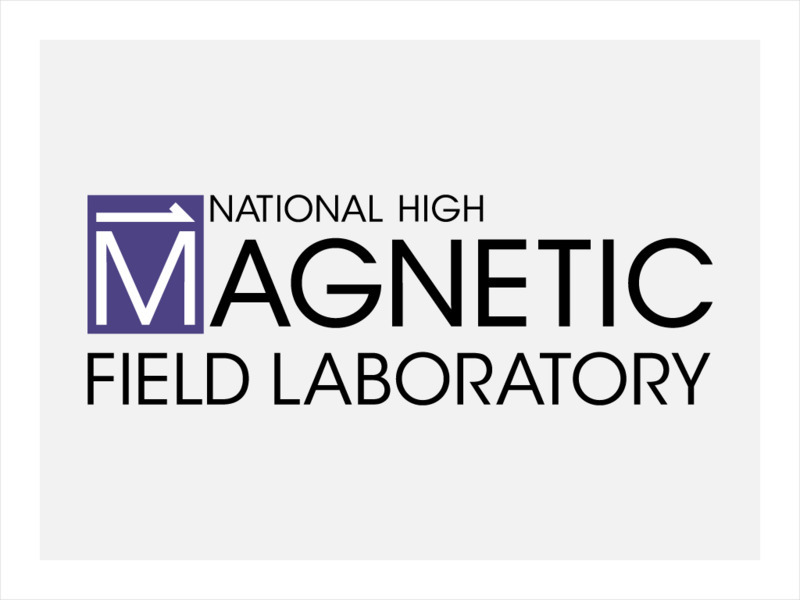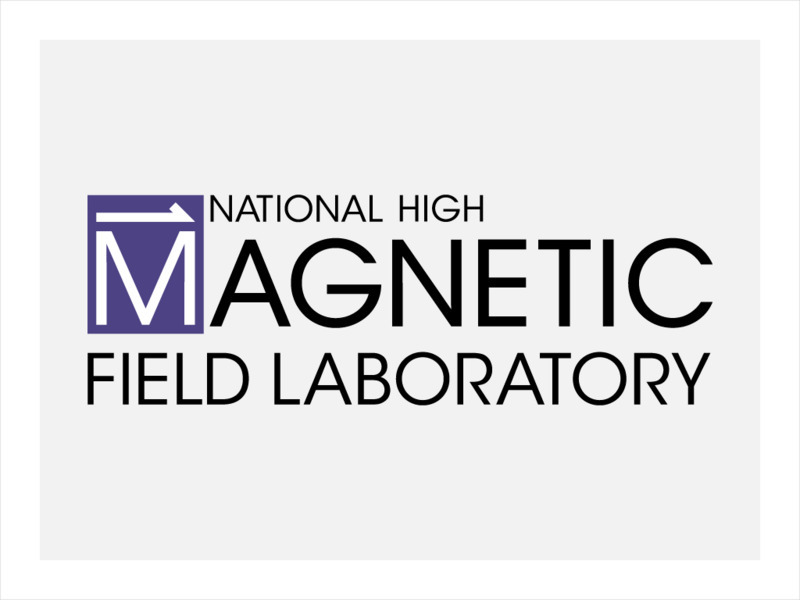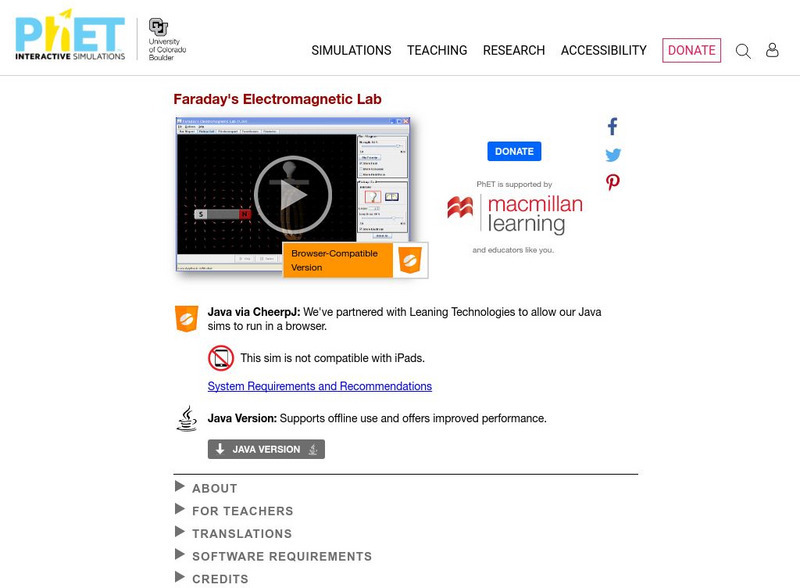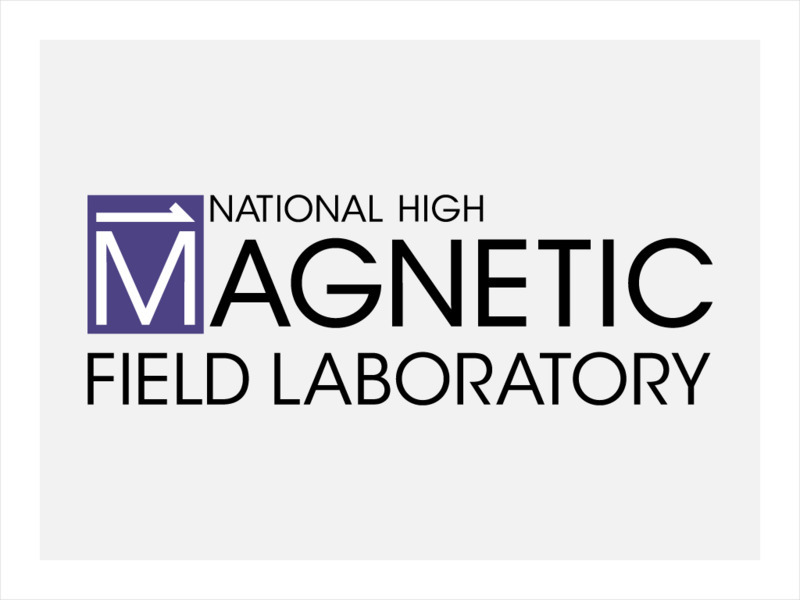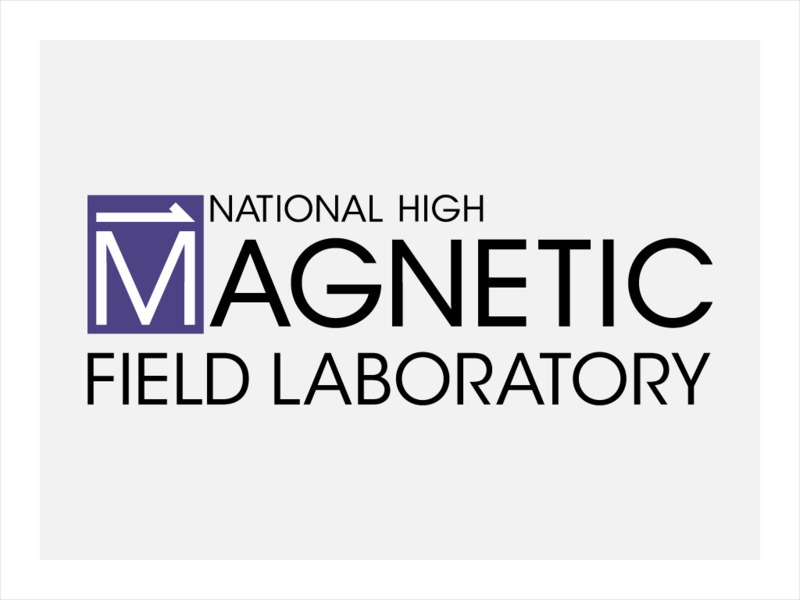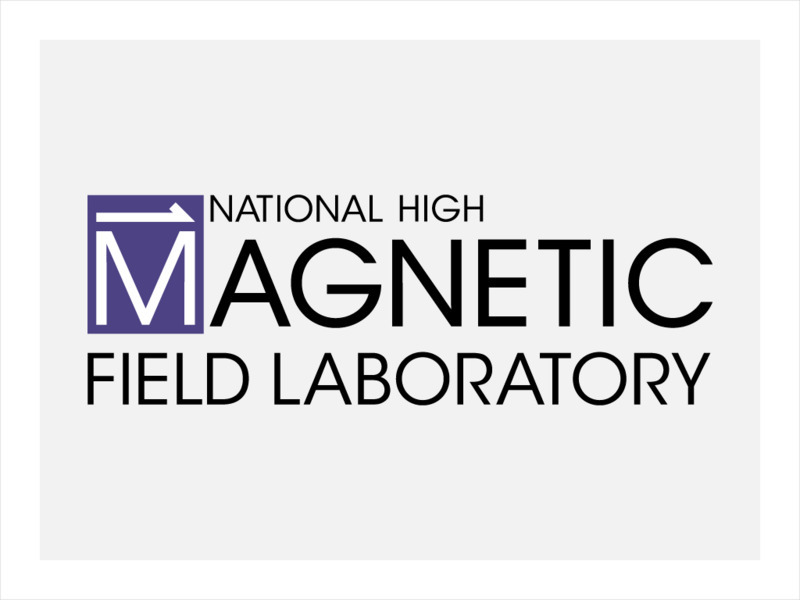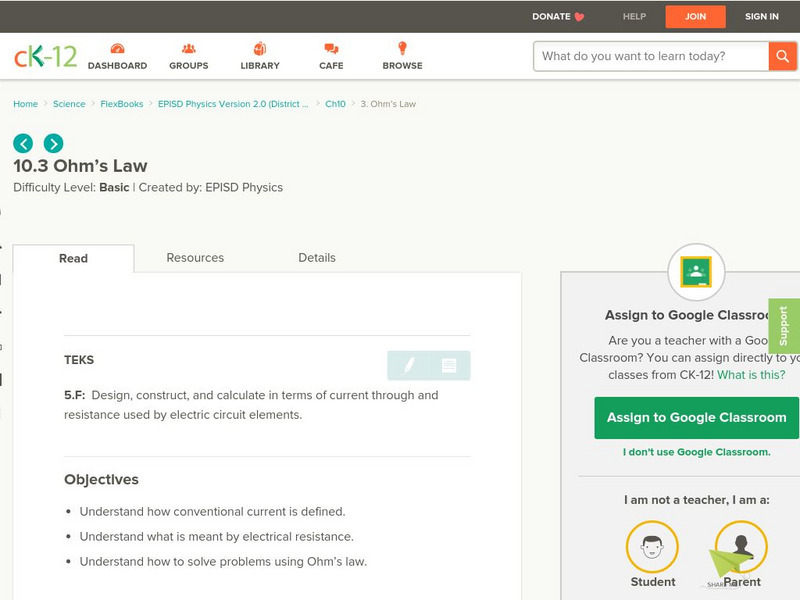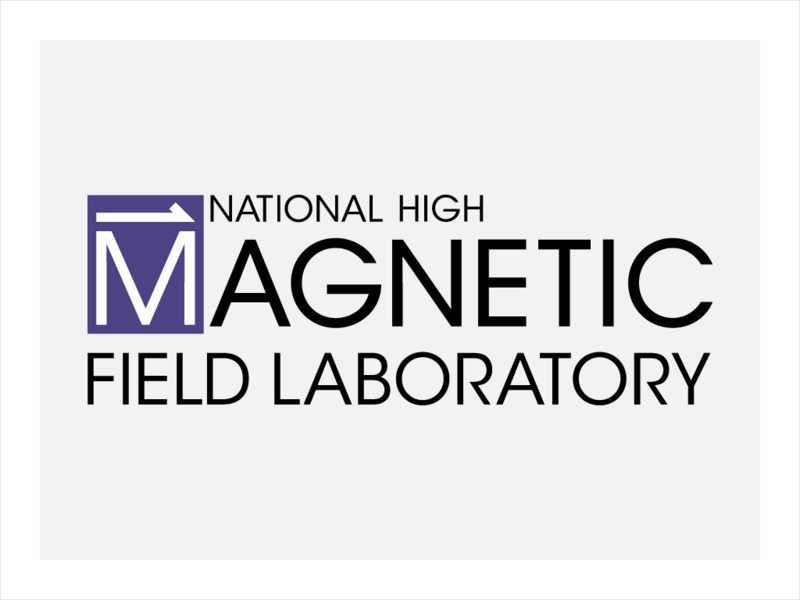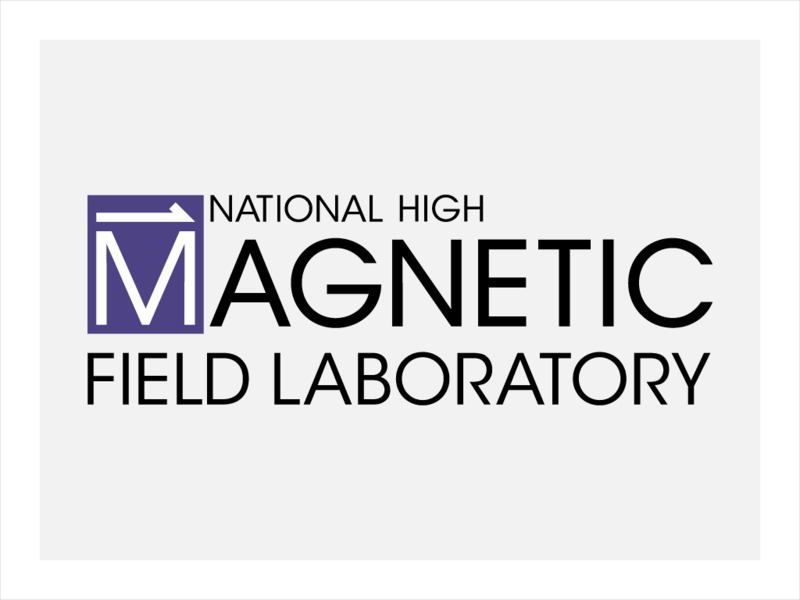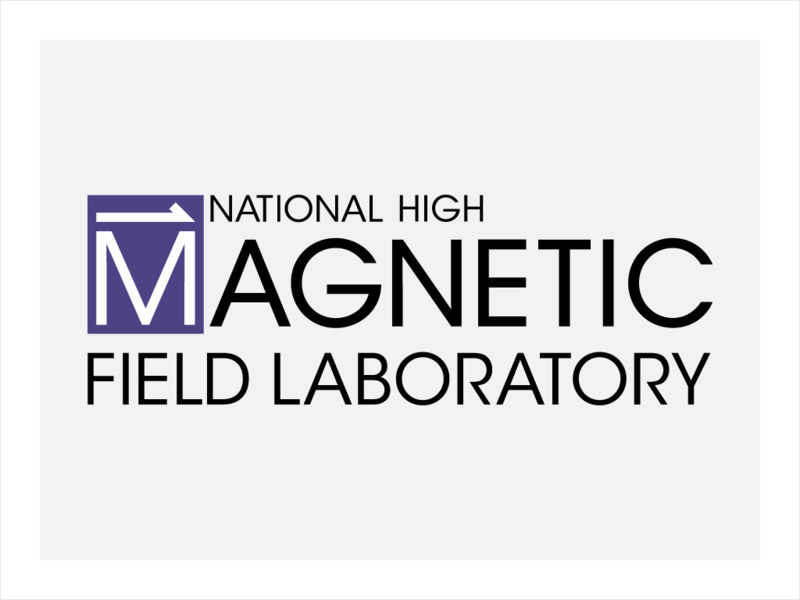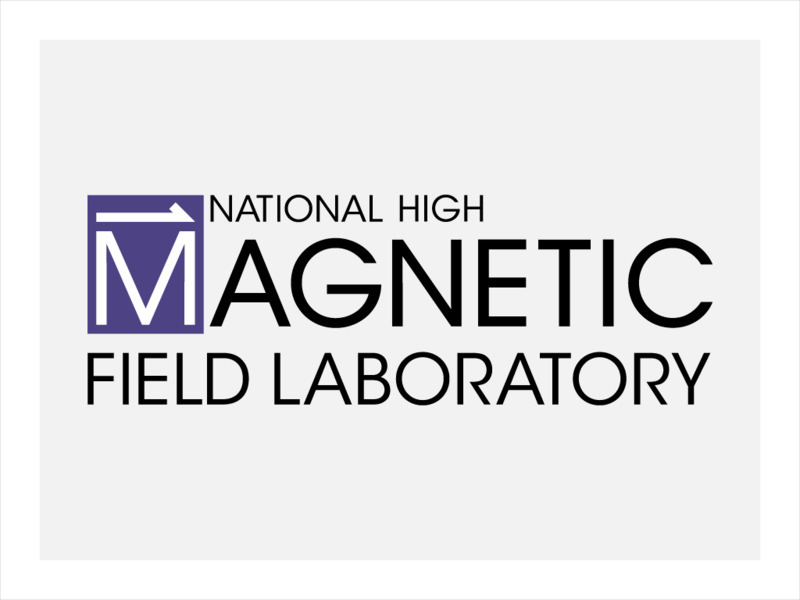Science Education Resource Center at Carleton College
Serc: How Do Light Bulbs Work?
A guided inquiry that involves observation of the parts of a light bulb in a lab.
Other
Alternating Current Series Circuit
This site outlines a lab dealing with Alternating Current Series Circuit. It includes graphs and formulas, and a list of questions associated with the lab.
National High Magnetic Field Laboratory
Magnet Academy: Hans Christian Orsted
A discovery by Hans Christian Orsted forever changed the way scientists think about electricity and magnetism. While preparing to perform an experiment during a lecture at the University of Copenhagen, he found that the magnetized needle...
National High Magnetic Field Laboratory
Magnet Academy: Georg Ohm
Georg Simon Ohm had humble roots and struggled financially throughout most of his life, but the German physicist is well known today for his formulation of a law, termed Ohm's law, describing the mathematical relationship between...
National High Magnetic Field Laboratory
Magnet Academy: Tesla Coil 1891
By the late 1800s, electricity had long been discovered and was no longer considered a novelty. The science of how to store, enhance, or transmit electrical current was just beginning to evolve, and eccentric scientist Nikola Tesla...
National High Magnetic Field Laboratory
Magnet Academy: Humphry Davy
Humphry Davy was a pioneer in the field of electrochemistry who used electrolysis to isolate many elements from the compounds in which they occur naturally. Electrolysis is the process by which an electrolyte is altered or decomposed via...
National High Magnetic Field Laboratory
Magnet Academy: Nikola Tesla
Awarded more than 100 patents over the course of his lifetime, Nikola Tesla was a man of considerable genius and vision. He was reportedly born at exactly midnight during an electrical storm, an intriguing beginning for a man who would...
National High Magnetic Field Laboratory
Magnet Academy: Inductive Reactance
Like resistance, reactance slows an electrical current down. Explained by Lenz's Law, this phenomenon occurs only in AC circuits. (Java tutorial)
University of Colorado
University of Colorado: Ph Et Interactive Simulations: Faraday's Electromagnetic Lab
Investigate with a bar magnet and coils to learn about Faraday's law. You can also play with electromagnets, generators, and transformers!
National High Magnetic Field Laboratory
Magnet Academy: Galvanometer
This tutorial illustrates how a galvanometer, an instrument that detects and measures small amounts of current in an electrical circuit, works. (Java tutorial)
National High Magnetic Field Laboratory
Magnet Academy: Rheostat
After discovering the nature of electrical resistance, scientists devised instruments like this one to measure and control it. (Java tutorial)
National High Magnetic Field Laboratory
Magnet Academy: Wheatstone Bridge 1843
Read about the device used for measuring resistance in a circuit which was discovered in 1843, but had been invented a decade earlier. The inventor's name was not Wheatstone.
National High Magnetic Field Laboratory
Magnet Academy: Pixii Machine
This "magneto-electric machine" was the first to turn motion into electricity. (Java tutorial)
National High Magnetic Field Laboratory
Magnet Academy: Magnetic Shunt
Magnetic shunts are often used to adjust the amount of flux in the magnetic circuits found in most electrical motors. (Java tutorial)
National High Magnetic Field Laboratory
Magnet Academy: Joseph Henry
Joseph Henry was an American scientist who pioneered the construction of strong, practical electromagnets and built one of the first electromagnetic motors. During his experiments with electromagnetism, Henry discovered the property of...
National High Magnetic Field Laboratory
Magnet Academy: Walther Meissner
Walther Meissner discovered while working with Robert Ochsenfeld that superconductors expel relatively weak magnetic fields from their interior and are strongly diamagnetic. This phenomenon, commonly known as the Meissner effect or the...
National High Magnetic Field Laboratory
Magnet Academy: Leon Cooper
Leon Cooper shared the 1972 Nobel Prize in Physics with John Bardeen and Robert Schrieffer, with whom he developed the first widely accepted theory of superconductivity. Termed the BCS theory, it is heavily based on a phenomenon known as...
National High Magnetic Field Laboratory
Magnet Academy: Murray Gell Mann
Murray Gell-Mann is a theoretical physicist who won the Nobel Prize for Physics in 1969 for his contributions to elementary particle physics. He is particularly well known for his role in bringing organization into the world of subatomic...
National High Magnetic Field Laboratory
Magnet Academy: John Ambrose Fleming
John Ambrose Fleming was an electronics pioneer who invented the oscillation valve, or vacuum tube, a device that would help make radios, televisions, telephones and even early electronic computers possible. A brilliant innovator,...
CK-12 Foundation
Ck 12: Ohm's Law
[Free Registration/Login may be required to access all resource tools.] For this lesson, students learn about the invention of the battery and how a battery works, and about resistance in an electrical circuit. As well, Ohm's Law is used...
National High Magnetic Field Laboratory
Magnet Academy: Guitar Pickup
Keith Richards and Eric Clapton owe their fame and fortune (in part) to electromagnetic induction. (Java tutorial)
National High Magnetic Field Laboratory
Magnet Academy: Audion
In 1906, American physicist Lee De Forest invented the Audion (or triode), building on John Fleming's discovery of the diode just a few years before.
National High Magnetic Field Laboratory
Magnet Academy: Arc Lamp 1876
Fire lighted the night for many centuries. Then came Sir Humphry Davy and the birth of the arc lamp, an invention built upon in the years that followed by many.
National High Magnetic Field Laboratory
Magnet Academy: Right and Left Hand Rules
No fancy movement in this tutorial, but these rules come in very handy when trying to understand some of what's going on in our other tutorials.



